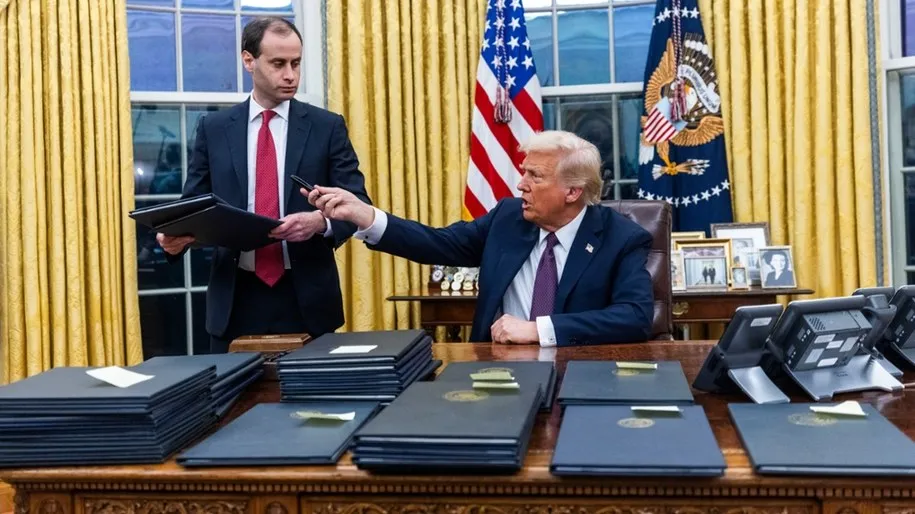Today in crypto: Arizona backs home mining rights
SEC drops Helium case, Coinbase challenges FDIC, and Ulbricht set to speak at Bitcoin Conference

Arizona passes bill to protect home crypto miners
Arizona lawmakers have passed a bill shielding home-based crypto miners and node operators from local zoning restrictions. The measure now heads to Governor Katie Hobbs.
HB 2342 defines mining and node operation as “statewide concerns,” blocking cities and counties from regulating them. The bill also applies to AI and high-performance computing workloads.
It’s part of Arizona’s broader crypto push, which includes proposed state Bitcoin reserves and strategic digital asset policies.
Coinbase challenges FDIC over crypto banking clampdown
Coinbase has accused the FDIC of delaying tactics in a lawsuit over alleged efforts to isolate crypto firms from banking access. In a Thursday court filing, the exchange opposed the agency’s request for a 16-day extension, calling it “legally incorrect” and lacking justification.
The lawsuit seeks records related to “Operation Chokepoint 2.0” – an alleged informal campaign by regulators to discourage banks from servicing crypto clients. Documents released earlier this year showed the FDIC warned banks about crypto-related “reputation risk” despite no systemic concerns.
Coinbase says the agency is trying to dodge accountability, and the House Oversight Committee is now investigating whether lawful crypto businesses were improperly debanked.
Trump signs first-ever U.S. crypto law

President Donald Trump has signed a bill overturning the IRS’s DeFi broker rule – making him the first U.S. president to pass crypto legislation.
The repealed rule would have required decentralized protocols to report user tax data like traditional brokers. Critics said it was unworkable and violated user privacy.
The bipartisan bill was praised by industry leaders as a historic milestone. “President Trump’s signature is a critical signal change for the crypto industry,” said Amanda Tuminelli of the DeFi Education Fund.
Grayscale and Osprey settle ETF lawsuit
Grayscale and Osprey Funds have reached a settlement in a two-year legal fight over Bitcoin ETF marketing. Osprey had accused Grayscale of misleading investors and violating Connecticut trade laws – a claim a judge dismissed in February.
Terms of the deal were not disclosed, but the companies have 45 days to finalize documentation. Neither side has commented publicly.
Ross Ulbricht to speak at Bitcoin Conference post-pardon
Ross Ulbricht, founder of the Silk Road dark web marketplace, will speak publicly for the first time since being pardoned by Trump earlier this year.
Ulbricht served over a decade in prison for running the Bitcoin-based illicit market and was sentenced to two life terms plus 40 years. Libertarian groups had long campaigned for his release. Trump granted a full pardon in January.
SEC drops Helium case, says tokens aren’t securities
The SEC has dismissed its lawsuit against Nova Labs, ruling that Helium’s tokens and hotspot devices don’t constitute securities.
The decision marks a major policy shift under the Trump-appointed leadership. New SEC Chair Paul Atkins was confirmed Wednesday, replacing Gary Gensler. The agency has now dropped several high-profile crypto enforcement actions.
Helium CEO Amir Haleem called the original case “the last gasp of a failed crusade.” HNT tokens remained steady at $2.76 after the announcement.
The big picture: Crypto’s regulatory climate is warming
With Trump’s crypto law, a friendlier SEC, and states like Arizona passing pro-mining laws, the regulatory tide appears to be turning. Coinbase’s legal battle with the FDIC and Helium’s win at the SEC signal a more confident industry pushing back.
The era of crypto defensiveness may be ending – and a new phase of regulatory clarity could be beginning.




